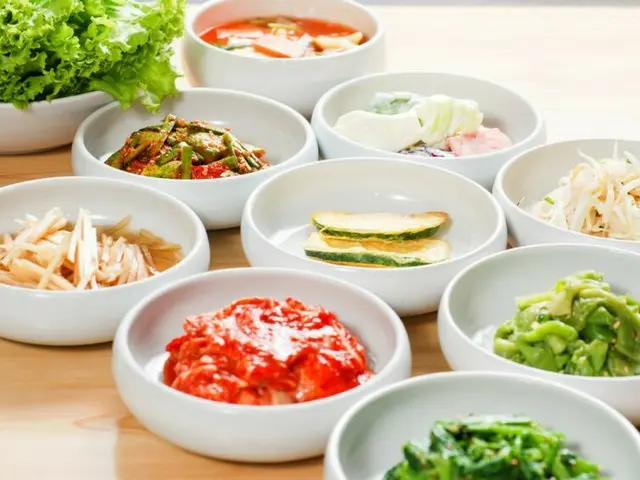He used to buy snacks and fruit, but now it feels like a luxury. "From gasoline to eating out, it feels like prices have risen more than twice as much as usual," he said.
"I usually spend more than 30,000 won on one trip to a supermarket, but from now on I'll try to save money by only buying what I need online," he said.
The shadow of rising prices is becoming more pronounced in the distribution industry. Prices of bread, snack foods, and fresh foods such as vegetables and fruits are rising one after another, causing consumer prices to drop.
This is because the number of "no-buys" who are trying to cut down on their spending is on the rise. Consumers are taking part in "no-spending challenges" where they record the days they spend no money on social media, taking advantage of discounts to cut down on spending, and "saving +
"Financial investment" is popular. The industry is trying to implement methods such as constant heavy discounts and expanding private brand (PB) sales, but it seems that they are not going well.
According to the Statistics Bureau's National Statistics Portal (KOSIS) on the 18th, the consumer price index for grains, including rice, last year was 102.
The consumer price index for vegetables rose 3.3% from the previous year (99.34) to 63. This is the highest increase in three years since the COVID-19 pandemic began in 2021. In particular, the increase in the consumer price index for vegetables
was up 8.2%, the largest increase since 2020. Fruit also recorded a 17% increase, the highest increase in 20 years.
The soaring prices are even changing shopping patterns.
According to the monthly purchase numbers and unit prices of the stores, most of the months saw a decrease compared to the previous year. The Lunar New Year in January, the outdoor season from April to May, the summer vacation season in July, the mid-autumn celebration from September to October, and the end of the year.
In contrast, in 2023, the number of purchases and the unit purchase price both decreased in January, August, and October.
Recently, E-Mart started selling domestic bean sprouts (300g) and domestic tofu (300g-2 pieces) for 1,280 won and 3,480 won, respectively, through its private brand No Brand.
These prices are 40% and 37% cheaper than similar products on the market. Homeplus explains that sales of its private brand products, Jajangmyeon and Seafood Jjampon, have been increasing recently.
Large-scale discount events have become commonplace. Since last year, E-Mart has been holding monthly price-cutting events and quarterly price-reversal events. This year, in particular, the annual
Lotte Mart plans to hold five more discount events. This year, Lotte Mart is running a price control campaign called "The Hot."
2025/02/19 10:24 KST
Copyrights(C) Edaily wowkorea.jp 88

